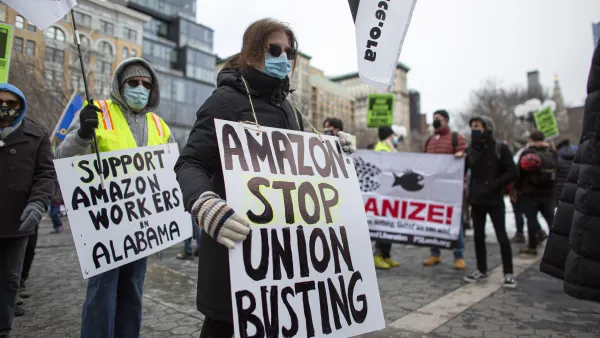Jake Rosenfeld's research and teaching focus on the political and economic determinants of inequality in the United States and other advanced democracies. He is primarily interested in the determinants of wages and salaries, and how these vary across time and place. He received his Ph.D. from Princeton University.
Rosenfeld's 2014 book What Unions No Longer Do (Harvard University Press) shows in detail the consequences of labor’s decline: curtailed advocacy for better working conditions, weakened support for immigrants’ economic assimilation, and ineffectiveness in addressing wage stagnation among African-Americans. The book has received wide attention in the national press and in such outlets as The New Yorker and Harvard Business Review.
His 2021 book, You're Paid What You’re Worth and Other Myths of the Modern Economy (Harvard University Press), seeks to answer the basic question: who gets what and why? He argues that four dynamics are paramount: power, inertia, mimicry, and demands for equity. Power struggles legitimize pay for particular jobs, and organizational inertia makes that pay seem natural. Mimicry encourages employers to do what peers are doing. And workers are on the lookout for practices that seem unfair. Rosenfeld shows us how these dynamics play out in real-world settings, drawing on cutting-edge social science, original survey data, and a journalistic eye for compelling stories and revealing details. The book has been featured in the Wall Street Journal, Washington Post, and Harvard Business Review.
For more details, please visit: www.jake-rosenfeld.com



